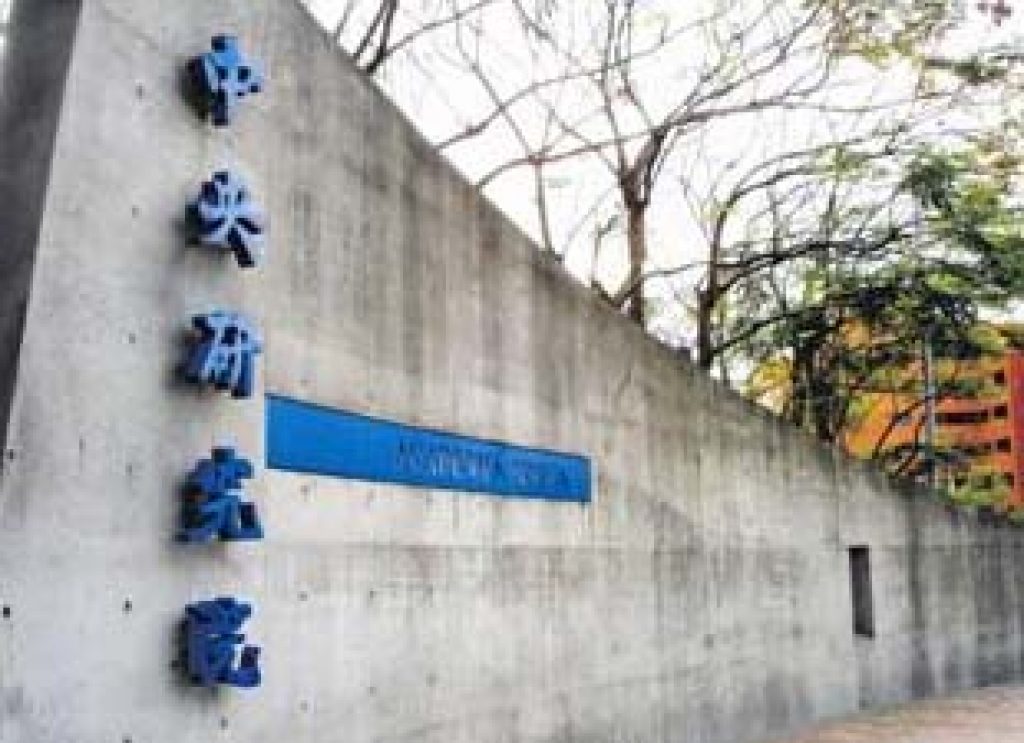
AsianScientist (Aug. 17, 2011) – Taiwan’s Academia Sinica (中央研究院) President Chi-Huey Wong, along with several key leaders in Taiwan’s academic, business, arts, and media sectors have issued a declaration, calling on the government and society to pay attention to Taiwan’s imbalance between supply and demand for talented professionals.
In their “Declaration on Talent Recruitment (Mandarin)” released on Sunday, August 14, the 18 leaders urged for concrete changes in government policy, administrative systems, and the overall environment to make Taiwan more attractive in competing for the world’s talent.
They warned that should Taiwan fail to address the crisis, the island could expect to lose its competitive edge in the coming years.
“After the economic crisis, it is generally expected that the Asia-Pacific will become the next global center, where there will be a flow of talented people and competition for human resources,” they said. “All of our neighboring countries have embraced these new opportunities by modifying laws to create a friendly environment for foreign talent.”
Their neighbors, such as China, Hong Kong, Singapore, Japan, and Korea, were taking the recruitment of talent very seriously, the report said.
“China has plans to recruit two thousand engineers who will potentially lead key technology breakthroughs in the next five to ten years. The same goes for Hong Kong, Singapore, Japan, and Korea,” said the report.
“They have prepared for this as if it were a war. However, the Taiwanese government has not been reactive to this trend which may potentially cause a brain drain crisis,” they cautioned.
The leaders noted that there had been an exodus of talented, experienced individuals who were products of the Taiwanese education system.
“Every year there are around 400,000 immigrants to Taiwan, among which only 20,000 are skilled immigrants. On the other hand, about 20,000 people emigrate from Taiwan annually, most of who are white-collar or technical workers,” said the report. “Therefore, if government does not react to this problem, Taiwan will lose most of its high quality workforce and gradually erode its competitiveness in industry and academia.”
They noted the difficulty of retaining talent in academic positions based on the current salaries offered to academics.
“The most urgent problem is to break down the barriers in the system for the recruitment of talented individuals and create a welcoming atmosphere. In Taiwan, the salary system in academia is no difference than in public office. The unattractive salary causes tremendous difficulty in promoting the sector, which results in the emigration of these people to neighboring countries where salaries are much higher,” they said.
The leaders also pointed out the difficulties involved when talented foreigners apply for academic positions in Taiwan.
“Likewise, in the world economy where enterprises operate on a global scale, the difficulty in obtaining work permits in Taiwan prevents global talent from coming to Taiwan.”
Concluding the letter, the leaders wrote that it was not too late for Taiwan to regain its academic competitiveness and reverse the brain drain, creating “another great era of prosperity” in Taiwan.
——
Source: Academica Sinica.
Disclaimer: This article does not necessarily reflect the views of AsianScientist or its staff.








-768x454.jpg)



